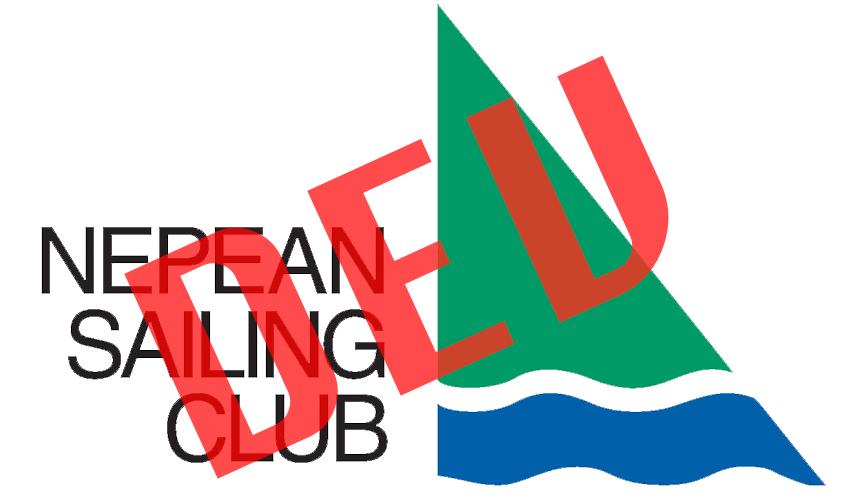Editor’s Note: This article was first published in the September, 2012, issue of The Telltale.
For those who race regularly, periodically they will find themselves in situations where they wrestle with the question, “Should I protest?”. Some racers will do everything they can to avoid a protest; others find themselves in the protest room far too often. There is probably a happy median somewhere in between.
Sailing is a self-regulated sport, meaning that we do not, normally, have referees or judges on the water enforcing the Racing Rules of Sailing. Most racers respect those rules, though some don’t always know them as well as they might. Yet even amongst racers who know and respect the rules, infractions do happen, for a variety of reasons. A skipper may misjudge a crossing on port tack, requiring a starboard tack boat to bear away to avoid a collision. In that circumstance, if it’s the first time that’s happened and it doesn’t involve the boat with whom you’re battling it out for the series, there is nothing wrong with saying “You owe me one”. Or, you may yell “Protest”, fly your flag, and end up back at the dock debating over whether to follow through with the protest.
In situations where there is contact, and the other boat does not accept a penalty (e.g. by doing penalty turns), the rules leave little option other than to submit a protest. But in situations where there is no contact, deciding when to protest may be more complicated, and involves consideration of multiple factors. In the case of a port-starboard crossing, if I believe the other boat simply erred in their judgement, I might be more inclined to talk to the other skipper than follow through on a protest. But only for the first such encounter. However, if I believed that the other skipper was deliberately pushing the rules, then I would not hesitate to file a protest. In this regard, I believe it is incumbent upon all of us to ensure that everyone plays by the rules, and if we feel someone is not respecting those rules, then we all have a responsibility to protest the offending boat(s).
Thankfully, sailing in Ottawa, most people do respect the rules; it is rare that I feel another boat is “pushing” the rules. Usually when differences on the water are not resolved, it comes down to the different perspectives of the boats involved. That may be cause and justification for you to follow through on a protest, but there is always the risk that the protest committee won’t see things as you do. Back to the port-starboard situation, there is no guarantee that the port tack boat will be found at fault; in some circumstances, the starboard tack boat could be disqualified.
The other situation that arises somewhat less frequently is an incident in which the applicable rules are not clear to one or both parties. This is often combined with a slightly different perspective of what happened, and the net result is that both parties believe they were in the right and the other party was in the wrong. Occasionally such situations can be resolved by reviewing the RRS, the relevant cases, or perhaps by discussing the situation with one of the local “rules experts”. A boat that decides after the fact that she broke a rule always has the option of Retiring After Finishing. But more often than not, such situations need to be resolved in the protest room, partly due to the fact that the current time limit for submission of protests leaves a protester little time for consideration before the protest must be submitted. Such situations are also worthy of a protest hearing, and while all parties may not agree with the decision of the protest committee, hopefully there will be valuable lessons learned.
The bottom line is that the protest process is there to ensure the fairness of our competition. In Ottawa there are competent volunteers willing to hear legitimate protests, and sailors should not hesitate to file a protest when appropriate. But, if you find yourself in the protest room on a frequent basis, either as the protestor, or the protestee, then maybe you should re-evaluate your approach.
Hugh Morrin
Protest Coordinator
